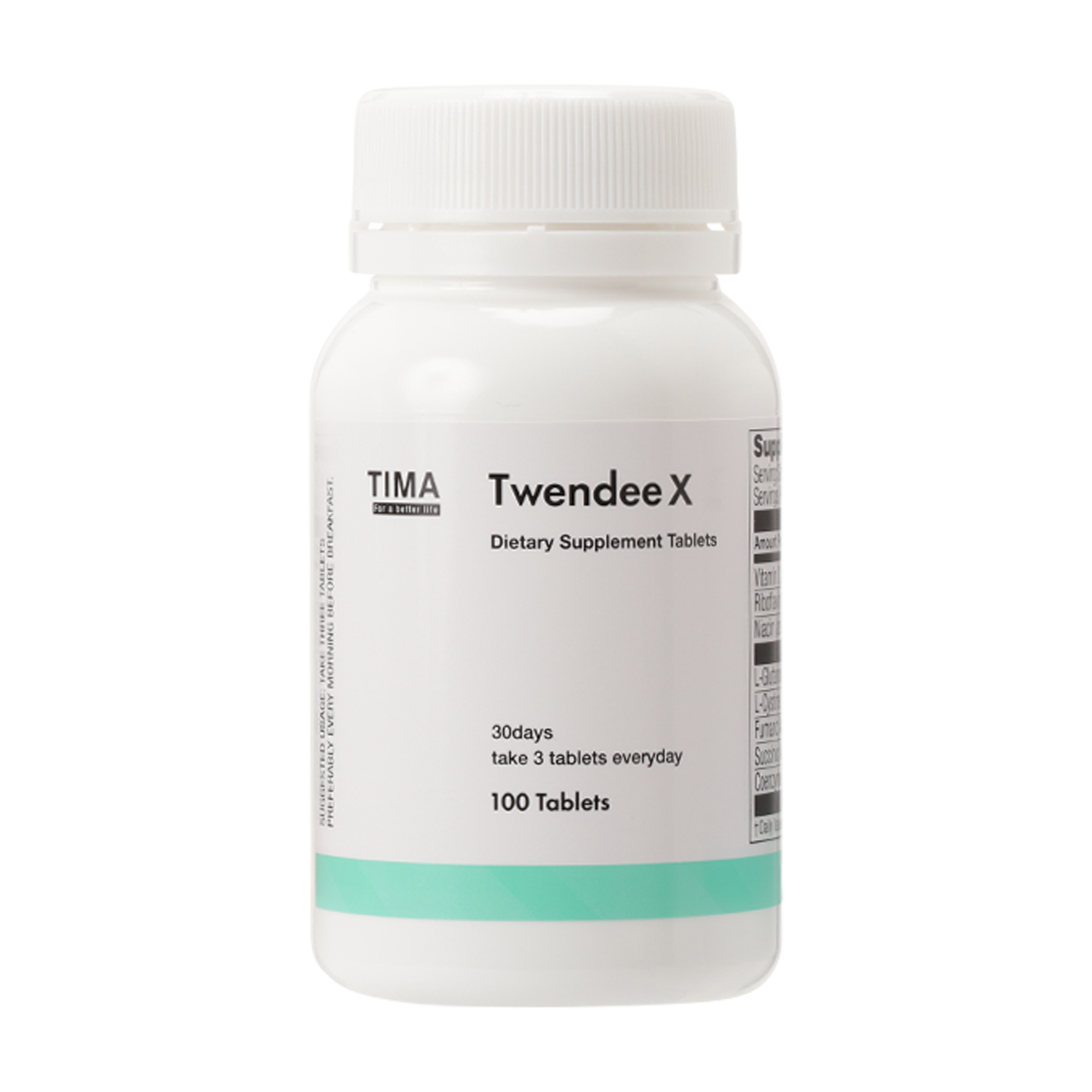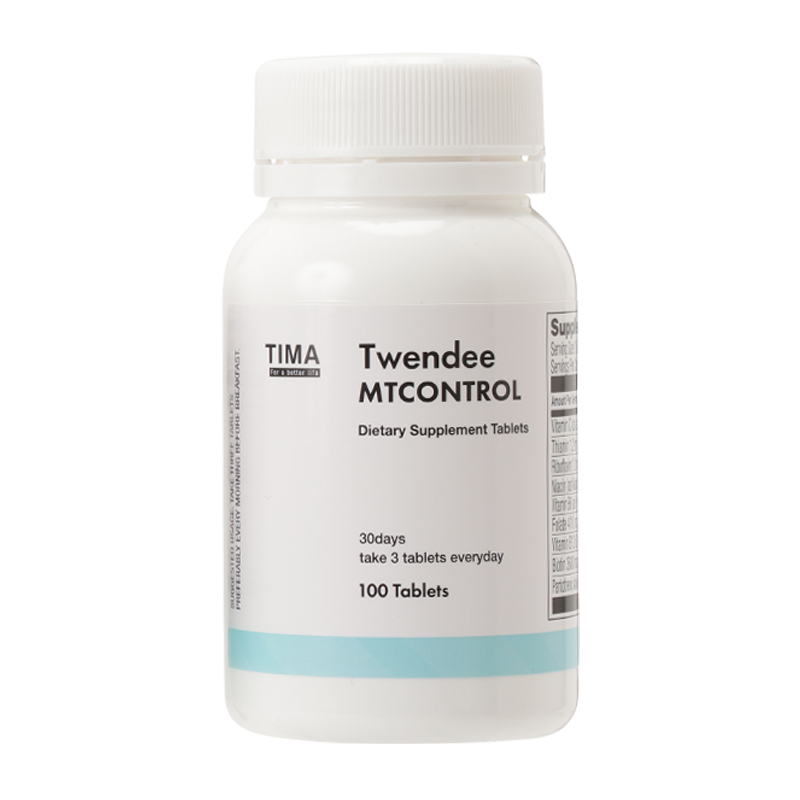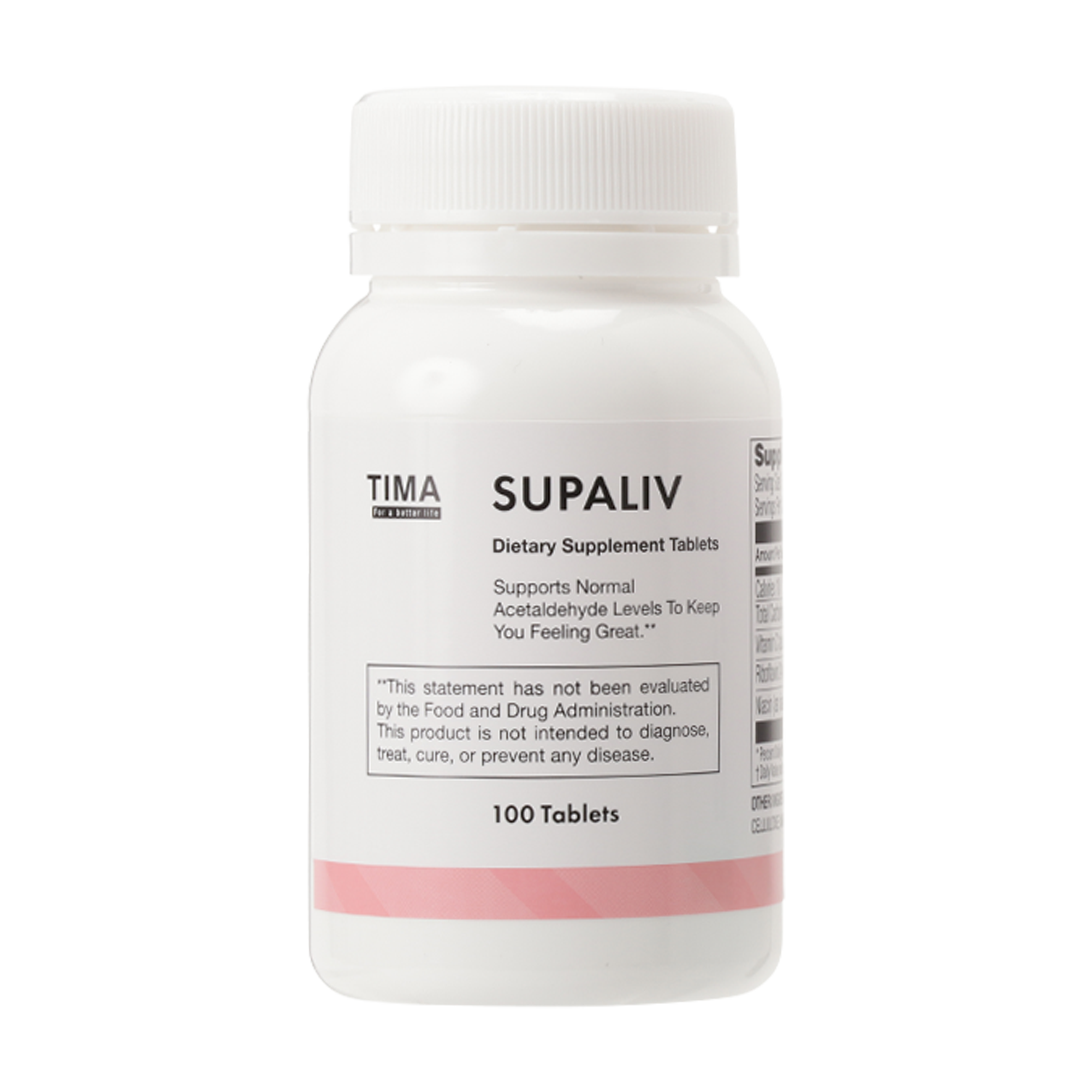Thesis on Oxidative Stress and "gastric ulcer"
- Paper title
- The role of reactive oxygen species and capsaicin-sensitive sensory nerves in the pathomechanisms of gastric ulcers induced by stress.
- Abstract summary
- Sensory nerve activity during water immersion and restraint stress has been little studied.
- Authors
- S. Kwiecień, T. Brzozowski, P. Konturek, M. Pawlik, W. Pawlik, N. Kwiecień, S. Konturek
- Journal
- Journal of Physiology and Pharmacology
- Semantic Scholar URL
- https://semanticscholar.org/paper/2701e206dfa56655a113d16348c144e6e55c5745
- Abstract
-
Gastric microcirculation plays an important role in the maintenance of the gastric mucosal barrier and mucosal integrity. Sensory nerves are involved in the regulation of mucosal blood circulation and mucosal defense. Therefore, the ablation of these nerves by neurotoxic doses of capsaicin provides the possibility of determination of their role in gastric mucosal integrity. Stress ulceration represents a serious gastric lesions. Results of our previous experiments have indicated that water immersion and restraint stress (WRS) led to increased oxidative metabolism. Ablation of sensory nerves by high doses of capsaicin retards healing of gastric ulcers, but the role of reactive oxygen species (ROS) in the healing process has been little studied. Therefore, the aim of our present investigations was to determine the participation of ROS in sensory nerve activity during WRS. Experiments were carried out on 90 male Wistar rats and the area of gastric lesions was measured by planimetry. Colorimetric assays were used to determine gastric mucosal levels of malondialdehyde (MDA) and 4-hydroxynonenal (4-HNE), as well as superoxide dismutase (SOD) activity. We demonstrated that inactivation of sensory nerves resulted in magnification of gastric mucosal damage induced by the WRS. In this process, oxidative stress, as reflected by an increase of MDA and 4-HNE tissue concentrations (an index of lipid peroxidation), as well as decrease of SOD activity, could play an important role. Aspirin, applied in a low dose, exerts a protective activity, possibly due to its metabolites, which possess the anti-oxidant and ROS scavanging properties. Pentoxyfilline-induced gastroprotection and hyperemia depends upon attenuation of the oxidative stress. This protection and hyperemia were, at least in part, attenuated by ASA.








